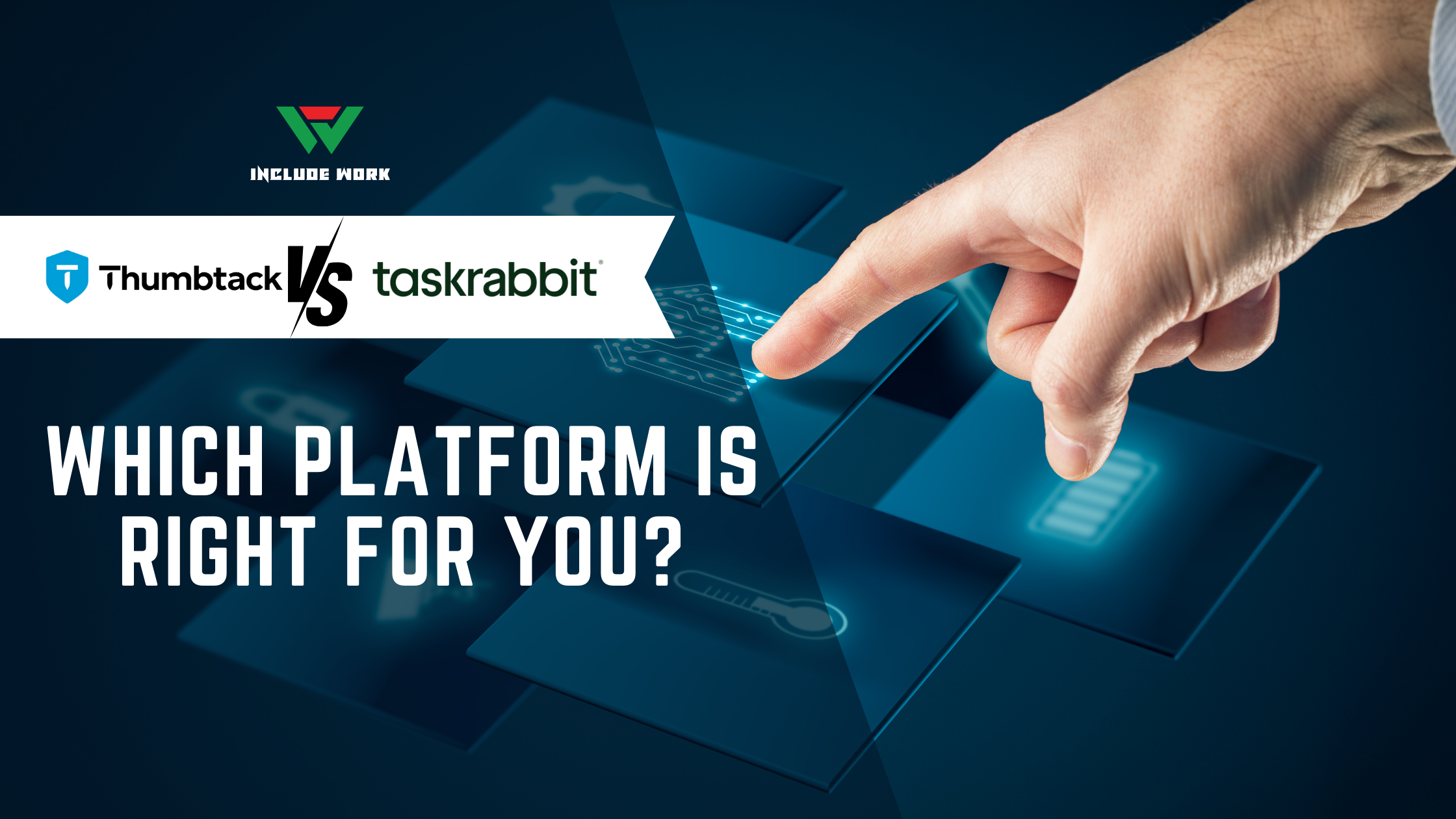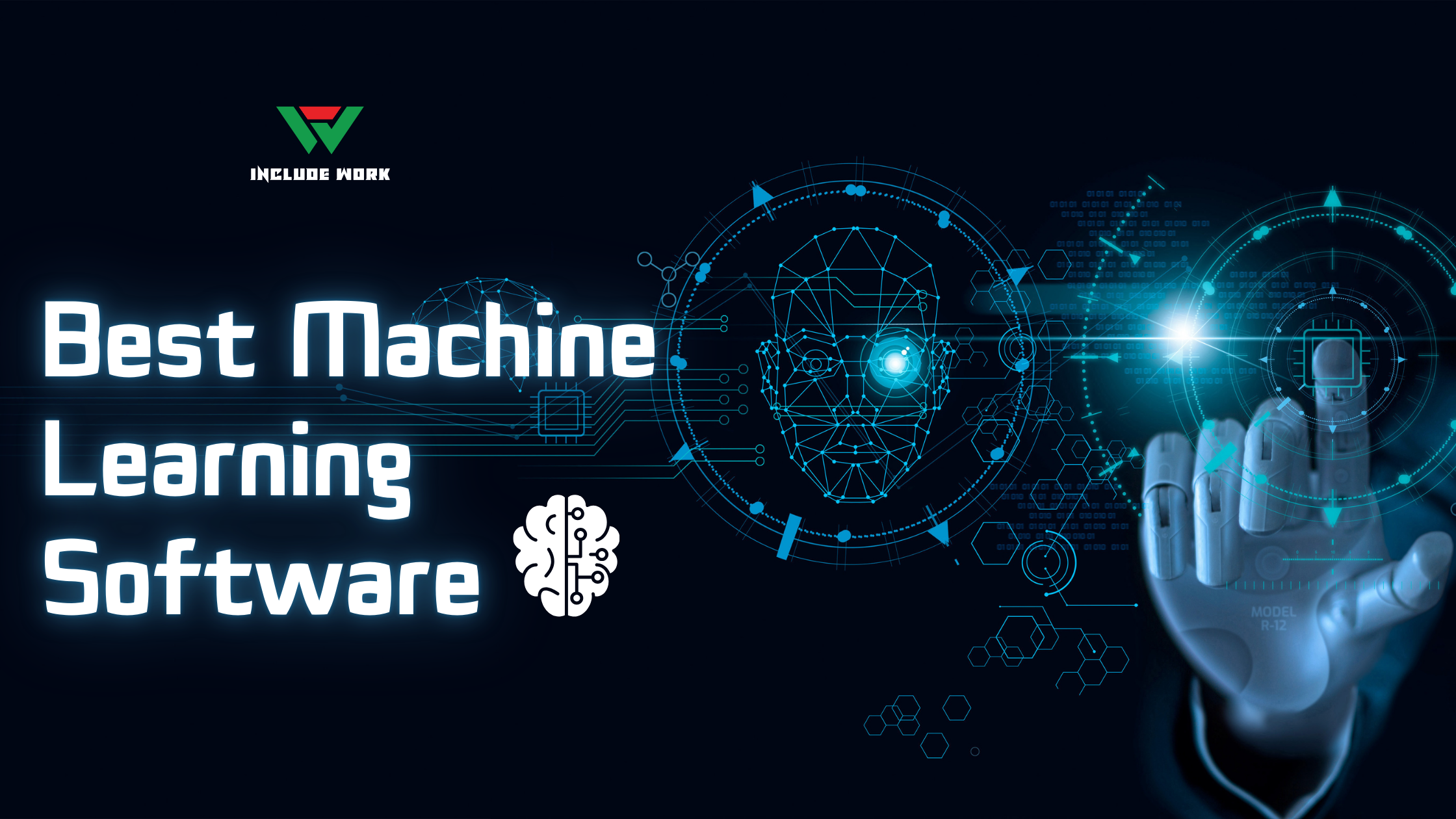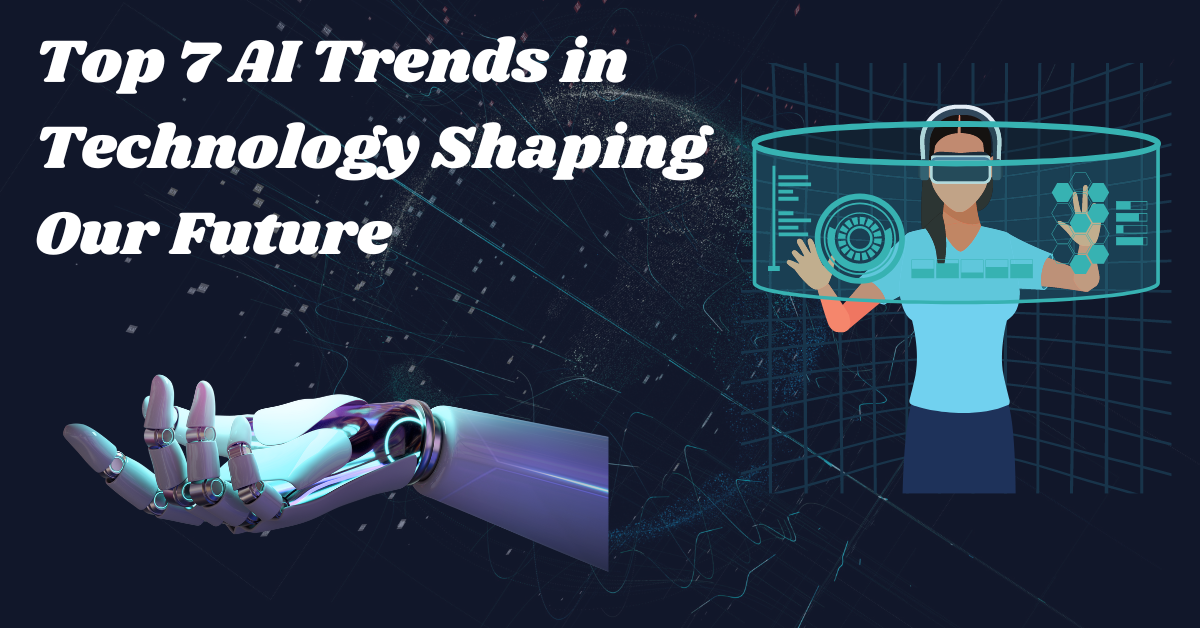In our lives, technology is essential. We start our day checking our phones and end it watching our favorite shows. Information Technology (IT) services make this possible. They use business and technical expertise to help organizations with information and processes. It’s like having a tech-savvy friend for your business needs.
Table of Contents
Understanding Information Technology Services
Information Technology (IT) services stand at the heart of problem-solving and opportunity creation through technology. They are crucial in every sector of an organization, equipping each team with necessary tools and information for optimal performance. The essence of IT services encompasses establishing secure networks to protect against cyber threats and developing databases for organizing large data volumes. These services form the cornerstone of contemporary business processes.
One central feature of IT services is their ability to simplify complex technologies into user-friendly applications. This transformation allows individuals without a deep understanding of technology to utilize the latest innovations. It’s akin to having a translator who converts technical jargon into straightforward, practical advice.
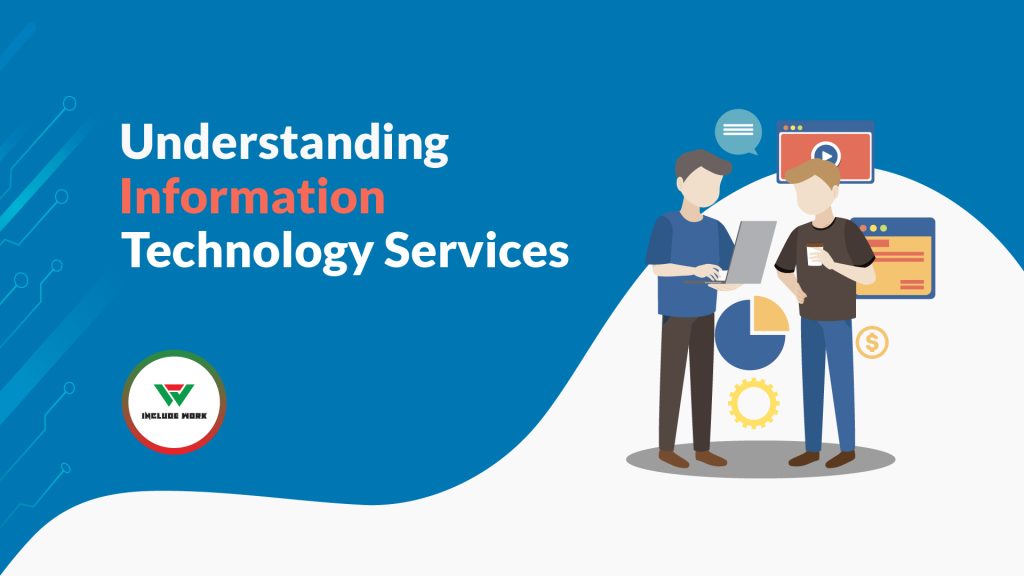
Furthermore, IT services play a vital role in keeping us connected. In today’s era of remote work and communication, these services ensure that physical distance does not become a hindrance. Through swift and dependable internet connections, collaborative tools, and secure file-sharing systems, IT services maintain our closeness, irrespective of our physical locations.
Types of Information Technology Services
Information Technology Services cover a wide range of offerings. Each type serves distinct needs and objectives. Below is an exploration of some primary categories:
Cloud Computing Services
- What It Is: This involves utilizing the internet for data storage, management, and processing, instead of depending on local servers or personal computers.
- Why It’s Important: Cloud computing provides flexibility, scalability, and cost savings. It enables businesses to access data from anywhere, anytime, without significant investment in physical hardware.
Managed IT Services
- What It Is: Businesses delegate specific IT tasks to an external service provider. These tasks might include managing networks, providing tech support, or ensuring cybersecurity.
- Why It’s Important: It lets companies concentrate on their primary operations. Meanwhile, specialists manage the IT aspects, enhancing both efficiency and security.
Software and Application Development
- What It Is: The process involves designing, building, deploying, and maintaining software tailored to the needs of specific users or organizations.
- Why It’s Important: Custom software can greatly enhance productivity and the user experience by addressing particular requirements of a business.
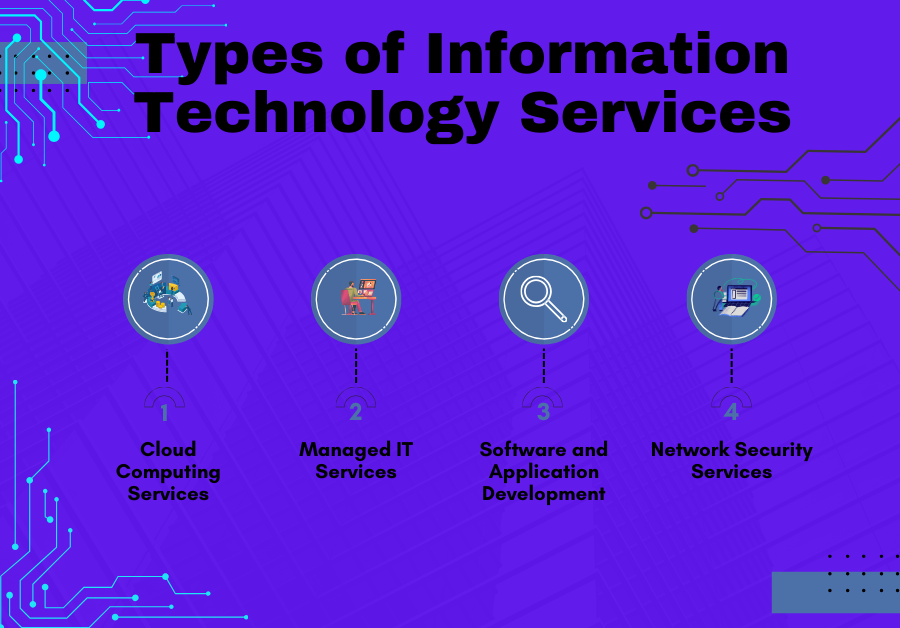
Network Security Services
- What It Is: This refers to safeguarding the integrity of networks and data against unauthorized access, cyber-attacks, or theft.
- Why It’s Important: With the increasing sophistication of cyber threats, it’s crucial to protect business data and customer information.
Data Analytics and Business Intelligence
- What It Is: The practice of analyzing data to present actionable insights. These insights assist executives, managers, and other decision-makers in making informed business choices.
- Why It’s Important: It enables organizations to use their data strategically. This can help in spotting market trends, enhancing performance, and guiding decision-making.
Technical Support
- What It Is: This service provides help with technology products, like computers, phones, and software.
- Why It’s Important: Reliable technical support maintains the seamless operation of technology. It reduces downtime and assists users in resolving tech issues quickly.
These varied services highlight the extensive reach of IT. They demonstrate its critical role in nearly every facet of contemporary life and business operations. IT services are pivotal for innovation, efficiency, and growth, from small startups to large multinational companies.
Benefits of Implementing Information Technology Services
Embracing IT services can transform how businesses operate, offering a range of benefits that lead to improved performance and competitive advantages. Here are some of the key advantages:
Increased Efficiency
- How It Helps: Automating routine tasks and improving workflows with IT solutions can significantly cut down on time and resources spent on manual processes.
- Example: Using project management software to track progress and deadlines.
Enhanced Data Security
- How It Helps: With cyber threats on the rise, IT services specializing in security can fortify your data against breaches, ensuring peace of mind.
- Example: Implementing advanced encryption for sensitive customer data.
Better Customer Experience
- How It Helps: Technology can streamline customer interactions, making them more seamless and personalized, which in turn boosts satisfaction and loyalty.
- Example: Using chatbots for 24/7 customer service inquiries.

Scalability
- How It Helps: IT services allow businesses to scale their operations up or down with ease, adapting to market demands without the need for significant investment.
- Example: Cloud services that can be adjusted based on storage needs.
Data-Driven Decisions
- How It Helps: Access to real-time data and analytics tools means businesses can make informed decisions quickly, staying ahead of market trends.
- Example: Leveraging business intelligence software to identify sales patterns.
Remote Work Capabilities
- How It Helps: The right IT infrastructure enables employees to work from anywhere, offering flexibility that can improve work-life balance and productivity.
- Example: Virtual private networks (VPNs) and collaboration tools.
These benefits highlight the critical role IT services play in today’s digital age, driving innovation and enabling businesses to navigate the challenges of an ever-evolving landscape.
Choosing the Right IT Service Provider
Finding a service provider that aligns with your business goals and needs is crucial for leveraging the full benefits of IT services. Here are some guidelines to help you make an informed decision:
Understand Your Needs
- What to Do: Clearly define what you need from an IT service provider. Is it cloud computing, cybersecurity, custom software development, or something else?
- Why It Matters: Knowing your requirements will help you narrow down potential providers who specialize in the services you need.
Check Their Expertise and Experience
- What to Do: Look for providers with a proven track record in the specific services you’re interested in. Don’t shy away from asking for case studies or references.
- Why It Matters: Experienced providers are more likely to deliver high-quality services that meet your expectations.
Evaluate Their Support and Service
- What to Do: Understand the level of support offered. Is it 24/7? How do they handle issues and inquiries?
- Why It Matters: Effective support is essential for resolving any issues quickly, ensuring minimal downtime for your business.

Consider Scalability
- What to Do: Choose a provider who can scale services up or down based on your business growth and needs.
- Why It Matters: As your business evolves, your IT needs will change. A scalable provider ensures you won’t have to switch providers as you grow.
Review Security Measures
- What to Do: Assess their approach to security and what measures they have in place to protect your data.
- Why It Matters: With increasing cyber threats, ensuring your data is secure with your IT service provider is paramount.
Cost vs. Value
- What to Do: Don’t just look at the price. Consider what you’re getting for your investment.
- Why It Matters: The cheapest option isn’t always the best. Look for the best value proposition that offers a good balance between cost and the quality of service.
Cultural Fit
- What to Do: Ensure their company culture and values align with yours.
- Why It Matters: A provider that shares your values and work ethic can lead to a stronger, more productive partnership.
Choosing the right IT service provider is a strategic decision that can significantly impact the efficiency and success of your business. Take your time to do thorough research and consider all aspects before making a commitment.
Future Trends in Information Technology Services
The field of Information Technology (IT) is in a constant state of flux, driven by rapid technological advancements and shifting business needs. As we look towards the future, several key trends are emerging that promise to reshape the landscape of IT services. These trends not only reflect advancements in technology but also a broader shift in how businesses and consumers interact with digital environments. Below are some of the most significant trends expected to influence IT services in the coming years:
Artificial Intelligence and Machine Learning
Artificial Intelligence (AI) and Machine Learning (ML) are becoming crucial in IT services. They drive innovation in automation, data analysis, and decision-making. These technologies enhance customer experiences, streamline operations, and provide insights into business performance and consumer trends. AI-driven security is vital for efficiently identifying and mitigating cyber threats.
Edge Computing
Edge computing is gaining prominence as devices generate more data at network edges. It involves processing data close to its source rather than centrally. This approach reduces latency, boosts speed, and increases privacy and security. It is essential for real-time processing in Internet of Things (IoT) applications, autonomous vehicles, and smart city technologies.
Quantum Computing
Quantum computing, though in its infancy, promises to revolutionize IT services by quickly solving complex problems. It could transform cryptography, material science, and system simulations. As research advances, its influence on cybersecurity, drug discovery, and financial modeling is expected to grow.

5G and Improved Connectivity
The global introduction of 5G networks will enhance IT services with faster, more reliable connections. This improved connectivity supports new applications in mobile computing, IoT, and augmented/virtual reality (AR/VR). It also enables smoother remote work and learning.
Blockchain Beyond Cryptocurrency
Blockchain is expanding its impact beyond cryptocurrency to wider IT applications. Its use in supply chain management, secure transactions, and identity verification is increasing. Blockchain’s decentralized nature offers transparency, security, and efficiency benefits in various IT processes.
Sustainability in IT
The push for sustainability in IT services is growing with environmental awareness. Efforts include making data centers energy-efficient, promoting electronic waste recycling, and developing less energy-intensive software. Sustainable practices offer businesses a competitive edge.
Cybersecurity Mesh
The cybersecurity mesh concept is emerging as a method to secure IT infrastructure flexibly and resiliently. It secures each access point individually, addressing the complexity of cyber threats and distributed IT environments.
Augmented and Virtual Reality
AR and VR technologies are expanding from entertainment to practical IT applications. These include remote assistance, training, design, and visualization. With more accessible hardware and software, AR and VR will significantly enhance user experiences and productivity.
These trends underscore the IT services industry’s dynamic nature, focusing on innovation, security, and efficiency. As these trends evolve, they present both opportunities and challenges, requiring businesses to be agile and forward-thinking to stay competitive in the digital era.
Conclusion
The realm of Information Technology Services is vast and dynamic, playing a crucial role in the fabric of modern business and everyday life. From cloud computing to cybersecurity and beyond, IT services empower businesses to operate efficiently, innovate, and grow in a digital world. As we look towards the future, staying informed about trends and advancements in IT will be key to leveraging technology for success. Embracing these services not only supports operational goals but also drives forward the potential for transformative change in the way we work and live.


